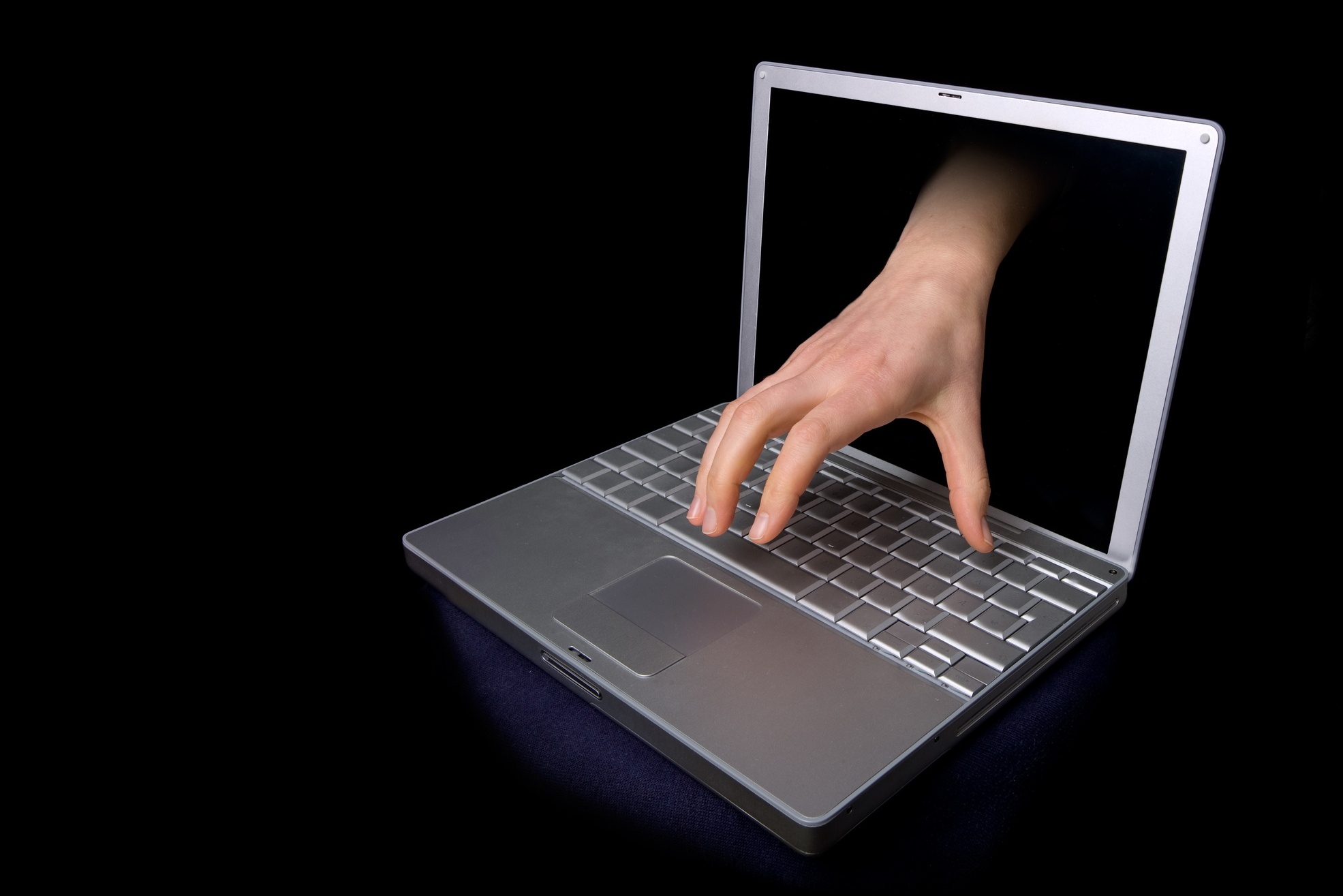How to prevent insiders destroying your network
BT's chief technology officer offers five tips to guard against the threat of employees sabotaging business networks.

Sign up today and you will receive a free copy of our Future Focus 2025 report - the leading guidance on AI, cybersecurity and other IT challenges as per 700+ senior executives
You are now subscribed
Your newsletter sign-up was successful
The threat of insider attacks has been highlighted recently with the case of Rajendrasinh Makwana, a software engineer who allegedly planted a "logic bomb" on US financial giant Fannie Mae's computer network after his contract was terminated.
If the malicious code had executed, court documents said it would have resulted in destroying and altering all of the data on all 4,000 Fannie Mae servers. It was likely the attack would have cost millions of pounds in damage.
Microsoft then warned companies to expect an increase in insider attacks by disgruntled, laid-off workers as the recession continued. Microsoft's Doug Leland told the BBC that malicious insider breaches were the greatest security concern.
The problem with malicious insiders is that they have access and an understanding of the system and security. They have access to corporate assets, and are already inside.
So what can businesses do about the problem? Graham Cluley, security expert at Sophos, said that as companies make people redundant, they need to manage their exits very carefully.
"Not only from a HR point of view, but also from an IT point of view because they may have had access to systems, passwords and methods to either get into your company physically or electronically which could cause you problems," he said.
Bruce Schneier, chief technology officer for BT, wrote on his blog about the insider problem. He said it was impossible to build a system without trusting people, but offered five techniques managers could use to prevent insider attacks.
Sign up today and you will receive a free copy of our Future Focus 2025 report - the leading guidance on AI, cybersecurity and other IT challenges as per 700+ senior executives
1 - Limit the number of trusted people.
The fewer people that have root access to the computer system, the more secure it is.
2 - Ensure the trusted people are indeed trustworthy.
This might involve background checks, lie detector testing, or personality profiling.
3 - Limit the extend of the trust given to each person.
This would limit the amount of damage a single person can do. This could involve giving keys that only unlocks their office, or passwords that only unlock their account.
4 - Give people "overlapping spheres of trust".
The idea behind this is Defence in depth' a principle similar to giving two separate keys to launch nuclear missiles. It makes it much harder for an employee to defraud the system, because two people are needed to do anything.
5 - Detect breaches of trust and prosecute the guilty.
Trusted people will always be able to play the system which means that businesses need to publicly punish the attacker through the court system to provide a deterrent. Auditing is therefore vital in order to discover any breaches.
-
 Sumo Logic expands European footprint with AWS Sovereign Cloud deal
Sumo Logic expands European footprint with AWS Sovereign Cloud dealNews The vendor is extending its AI-powered security platform to the AWS European Sovereign Cloud and Swiss Data Center
-
 Going all-in on digital sovereignty
Going all-in on digital sovereigntyITPro Podcast Geopolitical uncertainty is intensifying public and private sector focus on true sovereign workloads
-
 Ransomware victims are getting better at haggling with hackers
Ransomware victims are getting better at haggling with hackersNews While nearly half of companies paid a ransom to get their data back last year, victims are taking an increasingly hard line with hackers to strike fair deals.
-
 96% of SMBs are missing critical cybersecurity skills – here's why
96% of SMBs are missing critical cybersecurity skills – here's whyNews The skills shortage hits SMBs worse as they often suffer from a lack of budget and resources
-
 Sophos Firewall Virtual review: Affordable network protection for those that like it virtualized
Sophos Firewall Virtual review: Affordable network protection for those that like it virtualizedReviews Extreme network security that's cheaper than a hardware appliance and just as easy to deploy
-
 MSPs are struggling with cyber security skills shortages
MSPs are struggling with cyber security skills shortagesNews A shortage of tools and difficulties keeping pace with solutions were also ranked as key issues for MSPs
-
 Nearly 70 software vendors sign up to CISA’s cyber resilience program
Nearly 70 software vendors sign up to CISA’s cyber resilience programNews Major software manufacturers pledge to a voluntary framework aimed at boosting cyber resilience of customers across the US
-
 Sophos and Tenable team up to launch new managed risk service
Sophos and Tenable team up to launch new managed risk serviceNews The new fully managed service aims to help organizations manage and protect external attack surfaces
-
 Ransomware groups are using media coverage to coerce victims into paying
Ransomware groups are using media coverage to coerce victims into payingNews Threat actors are starting to see the benefits of a more sophisticated media strategy for extracting ransoms
-
 Shrinking cyber attack “dwell times” highlight growing war of attrition with threat actors
Shrinking cyber attack “dwell times” highlight growing war of attrition with threat actorsNews While teams are becoming more proficient at detecting threats, attackers are augmenting their strategies